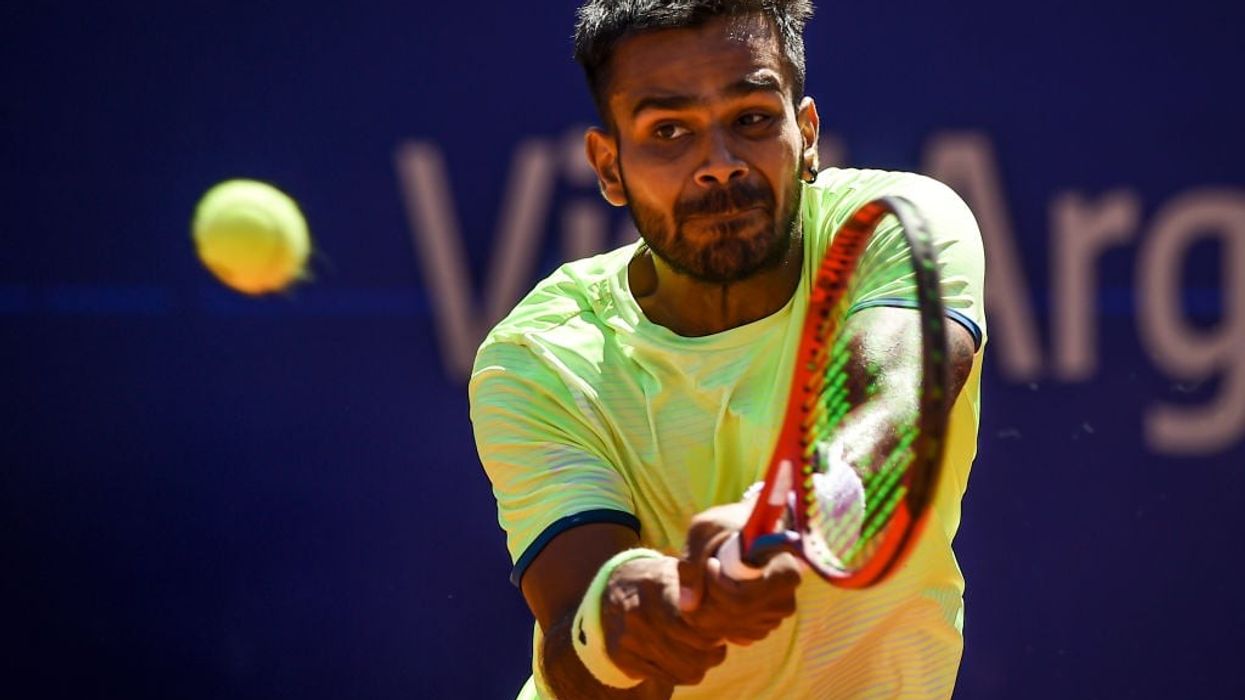SUMIT NAGAL on Saturday (24) won India’s first Olympic singles match in 25 years. He also became only the third Indian to win a men's singles match when he edged past Uzbekistan’s Denis Istomin in a three-setter at the Tokyo Games.
Nagal got the better of Istomin 6-4 6-7(6) 6-4 in two hours and 34 minutes on court 10 at the Ariake Tennis Centre to set up a second-round with world number two Daniil Medvedev.
Zeeshan Ali was the first Indian to win a singles match at the 1988 Seoul Games when he beat Victo Caballero from Paraguay.
After that, Leander Paes won the historic men's singles bronze at the 1996 Atlanta Games, beating Brazil's Fernando Meligeni.
Nagal, 23, wasn’t even born when Leander Paes won the bronze in Atlanta.
India's Somdev Devvarman and Vishnu Vardhan competed at the 2012 Games in London but did not manage to cross the first round hurdle.
Nagal, who did not come into the Games in his best form, had a break opportunity in the sixth game of the opening set but could not convert.
The Indian, though, did not squander the opportunity when Istomin was serving to stay in the set.
An early break pushed Nagal ahead 2-0 in the second set in which he raced to a 4-1 lead but perhaps nerves got the better of him when he was serving for the match, up 5-3, and dropped his serve. The experienced Istomin forced a decider by prevailing in the tie-breaker.
The final set was on serve till Nagal got the decisive break.





